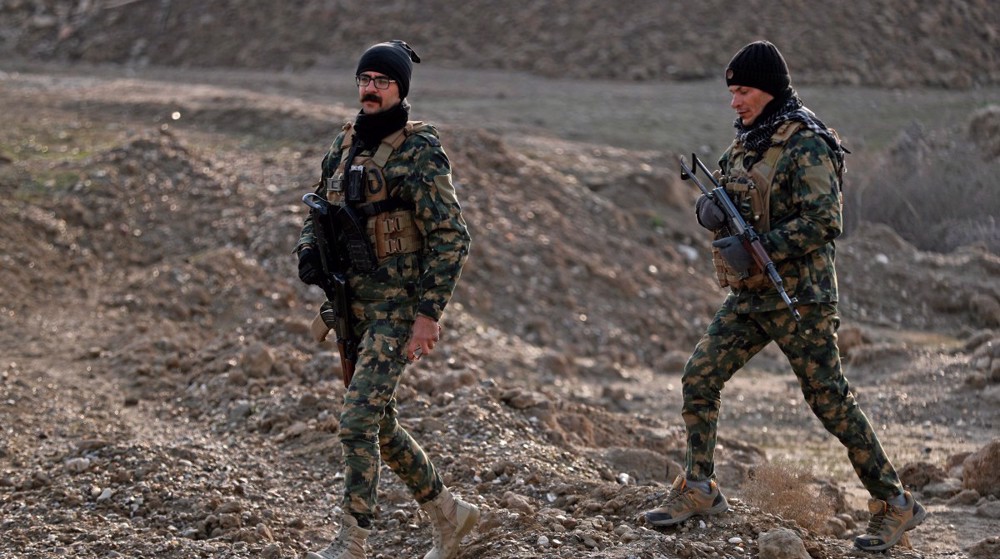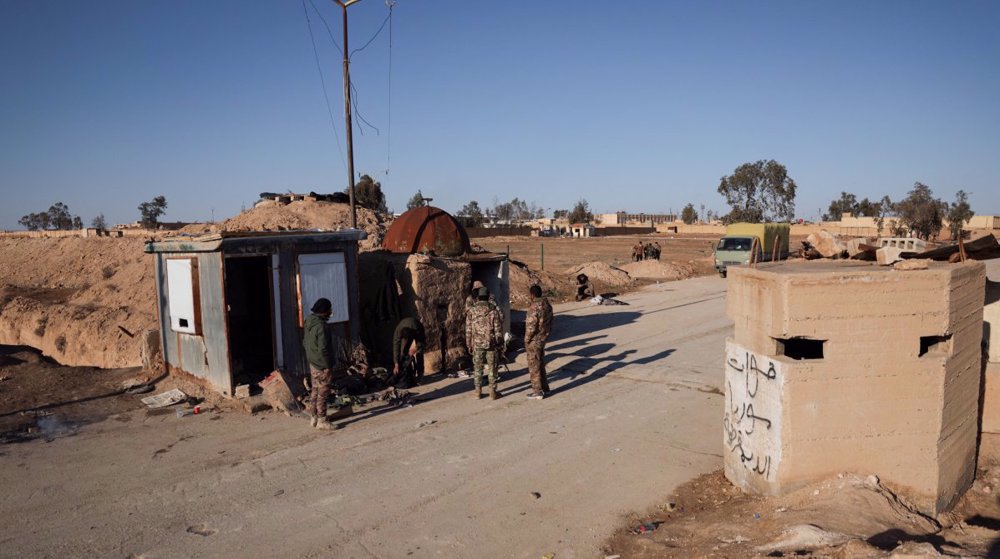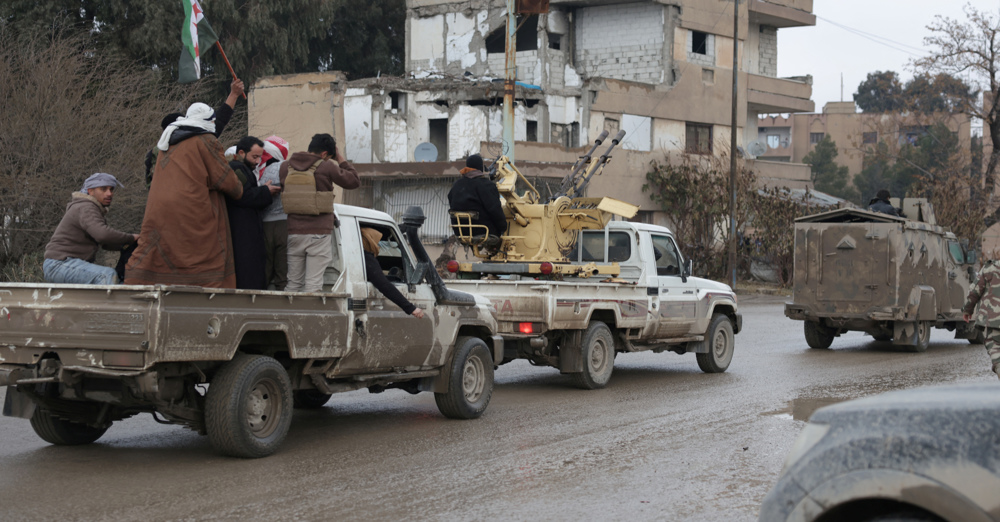Iran, Russia, Turkey ‘determined’ to fight terror in Syria
Iran, Russia, and Turkey - the three guarantor states of a ceasefire regime in Syria - are “clearly determined” to continue their fight against terrorism in the Arab country, says the Russian negotiator.
The Russian president’s special envoy for Syria Alexander Lavrentiev made the remarks in a press statement at the end of the first day of the 12th round of Astana talks on Thursday.
“The talks dealt with the situation in Syria in general, and in the northwestern region of Idlib in particular where the terrorist organization of Jabhat al-Nusra controls the majority of the area,” he noted.
The situation on the ground in Idlib, which is under the control of al-Qaeda affiliate Jabhat al-Nusra, was also discussed, Lavrentiev said.
He said there would be no ceasefire with Jabhat al-Nusra but that minimizing harm to "peaceful citizens" was a priority in the fight against the terrorist group.
Last Friday, Syrian President Bashar al-Assad called for progress in stalled talks on a so-called buffer zone around Idlib province in a meeting with Lavrentiev in Damascus.
The Syrian president also stressed his government’s determination to eliminate terrorist groups which are holed up in Idlib and attack civilians in neighboring areas.
President Assad called for the removal of any "obstacles" blocking the full implementation of the deal.
Turkey and Russia brokered a deal in September 2018 to create a demilitarized zone in Idlib that would be evacuated of all heavy weapons and militants.
The talks on Idlib come as the situation in the militant-held province is being described as “dangerous”.
“The situation in the Syrian province [of Idlib] is very dangerous, and the Nusra Front terrorist group – which is not part of a de-escalation zone – is controlling a majority of the province’s regions,” Iranian Foreign Minister Mohammad Javad Zarif warned last month.
Issues impeding formation of constitutional committee
According to Lavrentiev, the Thursday talks also concentrated on forming a committee on discussing the country’s new Constitution, the return of the displaced Syrians, and the means to help Syria reconstruct the country
“The talks were held within a practical atmosphere,” he said. However, "several unclear issues" were slowing the formation of a constitutional committee which the United Nations hopes will drive a political settlement for Syria.
Lavrentiev said the talks over the committee were "complex" but "moving forward."
"We are on a complex path towards forming the constitutional committee. There are some unclear issues," he told reporters.
"(We are) moving forward...I think tomorrow (Friday) at the plenary session we will be able to put these issues to a general discussion," Lavrentiev said.
Delegations from Iran, Russia and Turkey arrived in Kazakhstan's capital Nur-Sultan seeking an end to the eight-year conflict in Syria. The UN envoy for Syria, Geir Pedersen, is also participating in the talks.
The constitutional committee is of particular interest to the UN which favors a Syrian-led resolution to the conflict.
‘No two-hour war’: Iran vows immediate retaliation to any attack
Pezeshkian: US must end provocations if it seeks genuine diplomacy
Iran summons German ambassador over Merz’s ‘low-minded’ remarks
Iran's Armed Forces warn EU of ‘consequences’ of IRGC designation
Iran FM: EU’s blacklisting of IRGC a ‘major strategic mistake’
EU blacklists IRGC in legally flawed move irrespective of consequences
VIDEO | Press TV's news headlines
VIDEO | Afghanistan opens first specialized cancer hospital











 This makes it easy to access the Press TV website
This makes it easy to access the Press TV website